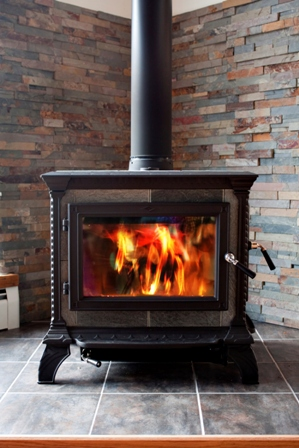 Have you communicated with your homeowners association members about the precautions they need to take when it comes to heating their homes?
Have you communicated with your homeowners association members about the precautions they need to take when it comes to heating their homes?
According to the National Fire Protection Association (NFPA), December, January and February are considered the deadliest months for home fires in the calendar year.
Heating equipment is the second leading cause of home fires and home fire deaths. That’s why it’s important for you as a Board member to encourage your residents to take extra precautions during the winter. Below are some tips that you can provide to members and why they're important.
1. Be cautious when buying a space heater
The NFPA recommends that you make sure it carries the mark of an independent testing laboratory. Install it according to the manufacturer’s instructions or have it professionally installed. If you have an electric-powered space heater, plug it into an outlet with sufficient capacity. Never use an extension cord. Most homeowners associations do not allow liquid-fueled space heaters.
2. Turn off space heaters whenever the room is unoccupied
Also pay attention to when the manufacturer’s instructions say they should be turned off. Portable space heaters are easy to knock over in the dark. Turn them off when you go to bed, or at least make sure they’re placed in lighted areas or out of high-traffic areas.
3. If you use a fireplace or wood stove, use only dry, seasoned wood
This will help to avoid the build-up of creosote, an oily deposit that easily catches fire and accounts for most chimney fires, as well as the largest share of home-heating fires. Use only paper or kindling wood, not a flammable liquid, to start the fire. Do not use artificial logs in wood stoves.
4. Make sure your fireplace has a sturdy screen
This will prevent sparks from flying into the room. After the ashes are cool, dispose of them in a metal container, which is kept a safe distance from your home.
5. Make sure fuel-burning equipment is vented to the outside
The venting should also be kept clear and unobstructed. Also be sure to have the exit point properly sealed around the vent. This is to make sure that deadly carbon monoxide does not build up in the home.
As a homeowners association board member, it’s your responsibility to make sure members are educated and the above precautions and followed. Establish and open door policy with members, so they will feel comfortable coming to you if they have any questions. Ultimately, it’s for the safety of the association.

.jpg)








